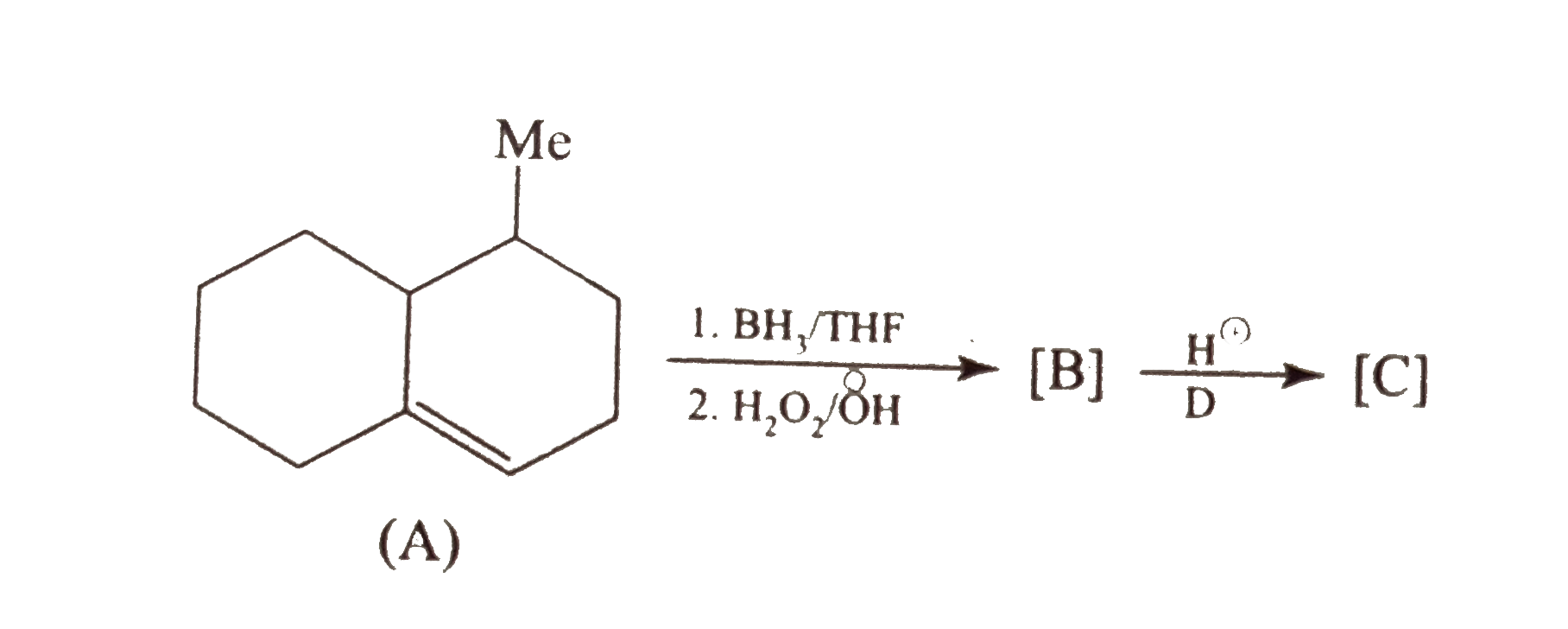Which of the following STIs are not completely curable ?
Chlamydiasis, gonorrhoea, trichomoniasis
Chancroid, syphilis, gential warts
AIDS, syphilis, hepatitis B
AIDS, genital herpes, hepatitis B
The correct Answer is:D
To determine which sexually transmitted infections (STIs) are not completely curable, we will analyze the provided options one by one.
1. Identify the STIs: The question lists several STIs, including chlamydiasis, gonorrhea, trichomoniasis, cancroid, syphilis, AIDS, genital herpes, and hepatitis B.
2. Research Causative Agents:
- Chlamydiasis: Caused by *Chlamydia trachomatis* - treatable with antibiotics.
- Gonorrhea: Caused by *Neisseria gonorrhoeae* - treatable with antibiotics.
- Trichomoniasis: Caused by *Trichomonas vaginalis* - treatable with medication.
- Cancroid: Caused by *Haemophilus ducreyi* - treatable with antibiotics.
- Syphilis: Caused by *Treponema pallidum* - treatable with antibiotics.
- AIDS: Caused by HIV (Human Immunodeficiency Virus) - currently not curable, but manageable with antiretroviral therapy.
- Genital Herpes: Caused by the herpes simplex virus (HSV) - not curable, but symptoms can be managed.
- Hepatitis B: Caused by the hepatitis B virus - not completely curable, but can be managed with antiviral medications.
3. Determine Curability:
- Curable STIs: Chlamydiasis, Gonorrhea, Trichomoniasis, Cancroid, Syphilis.
- Not Completely Curable STIs: AIDS, Genital Herpes, Hepatitis B.
4. Select the Correct Answer: The STIs that are not completely curable from the options provided are AIDS, Genital Herpes, and Hepatitis B.
Final Answer:
The STIs that are not completely curable are AIDS, Genital Herpes, and Hepatitis B.
---
- Chlamydiasis: Caused by *Chlamydia trachomatis* - treatable with antibiotics.
- Gonorrhea: Caused by *Neisseria gonorrhoeae* - treatable with antibiotics.
- Trichomoniasis: Caused by *Trichomonas vaginalis* - treatable with medication.
- Cancroid: Caused by *Haemophilus ducreyi* - treatable with antibiotics.
- Syphilis: Caused by *Treponema pallidum* - treatable with antibiotics.
- AIDS: Caused by HIV (Human Immunodeficiency Virus) - currently not curable, but manageable with antiretroviral therapy.
- Genital Herpes: Caused by the herpes simplex virus (HSV) - not curable, but symptoms can be managed.
- Hepatitis B: Caused by the hepatitis B virus - not completely curable, but can be managed with antiviral medications.
- Curable STIs: Chlamydiasis, Gonorrhea, Trichomoniasis, Cancroid, Syphilis.
- Not Completely Curable STIs: AIDS, Genital Herpes, Hepatitis B.
The STIs that are not completely curable are AIDS, Genital Herpes, and Hepatitis B.
Topper's Solved these Questions
- BOOK - NCERT FINGERTPS ENGLISHCHAPTER - REPRODUCTIVE HEALTHEXERCISE - HOTS5videos
REPRODUCTIVE HEALTH
- BOOK - NCERT FINGERTPS ENGLISHCHAPTER - REPRODUCTIVE HEALTHEXERCISE - EXEMPLAR13videos
REPRODUCTIVE HEALTH
- BOOK - NCERT FINGERTPS ENGLISHCHAPTER - REPRODUCTION IN ORGANISMEXERCISE - All Questions137videos
REPRODUCTION IN ORGANISM
- BOOK - NCERT FINGERTPS ENGLISHCHAPTER - SEXUAL REPRODUCTION IN FLOWERING PLANTSEXERCISE - Sexual Reproduction In Flowering Plants145videos
SEXUAL REPRODUCTION IN FLOWERING PLANTS
Similar Questions
Which of the following STDs are not completely curable ?
View SolutionWhich of the following STD is/ are completely curable if detected early and treated properly? a) Hepatitis-B b) Genital Herpes c) HIV d) Chlamydiasis e) Gonorrhea f) Syphilis
View SolutionWhich of the following disease has been completely eradicated?
View SolutionWhich of the following is a complete curative method for treatment of ADA deficiency in a patient?
View SolutionWhich of the following will be completely or parially dissolved in NH4OH ?
View SolutionWhich of the following is completely absorbed in P.C.T. ?
View SolutionWhich of the following reactions are completed through free radical intermediate ?
View SolutionWhich of the following compound is completely water soluble?
View SolutionWhich one of the following living organisms completely lacks a cell wall
View SolutionComplet the following :
 View Solution
View Solution

